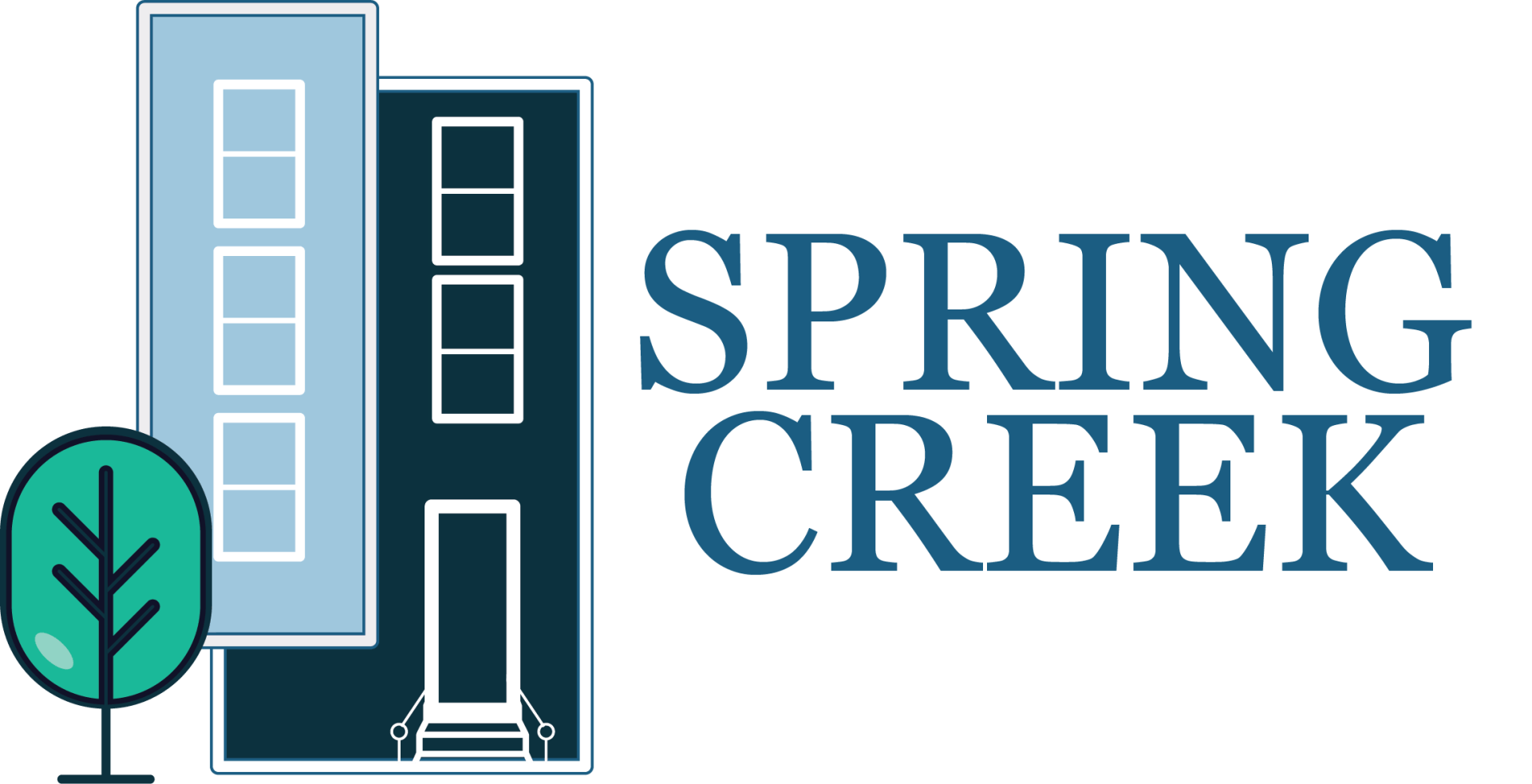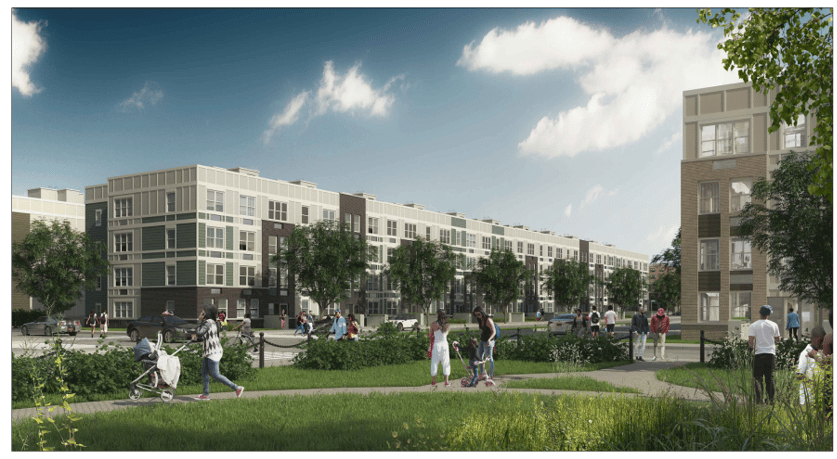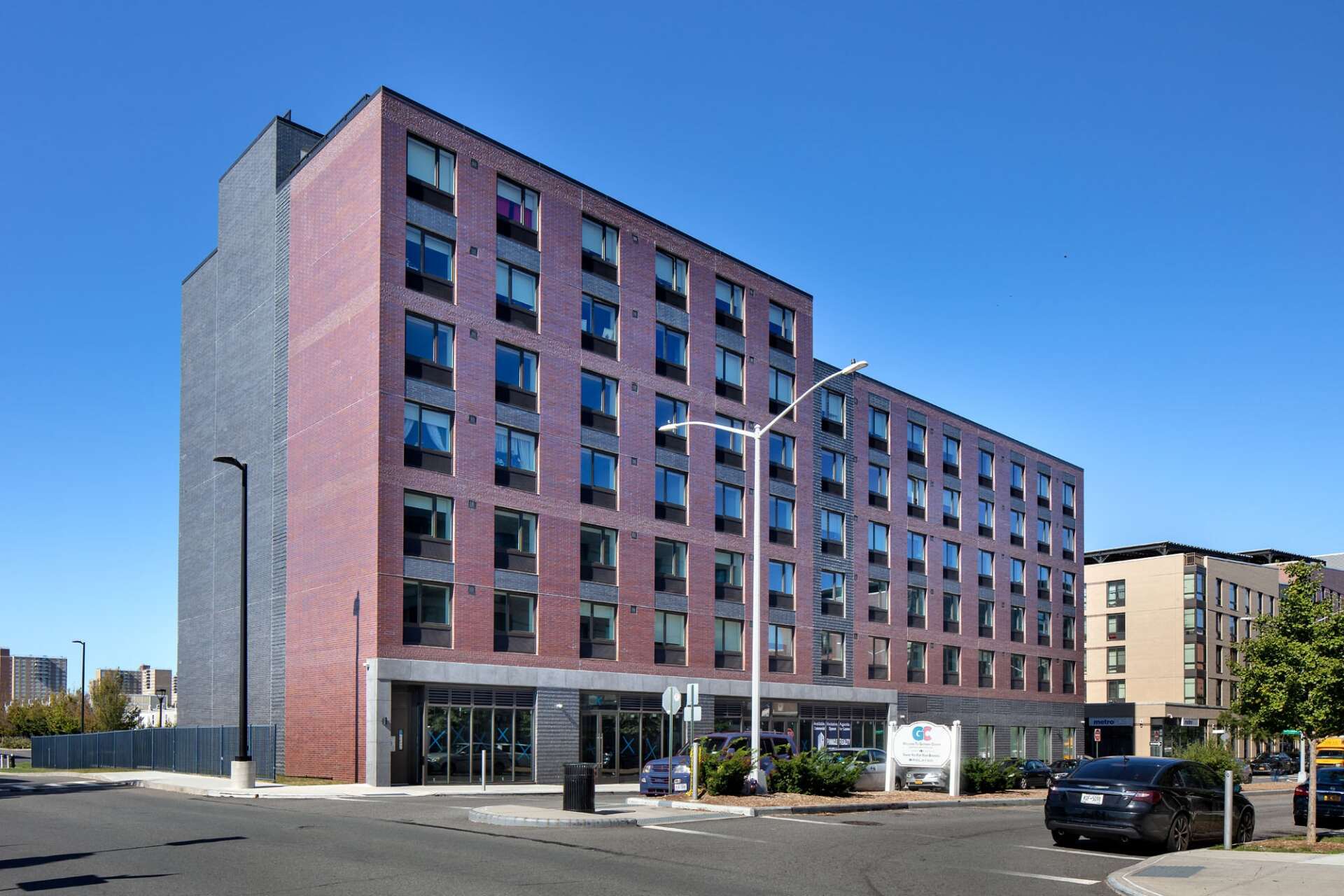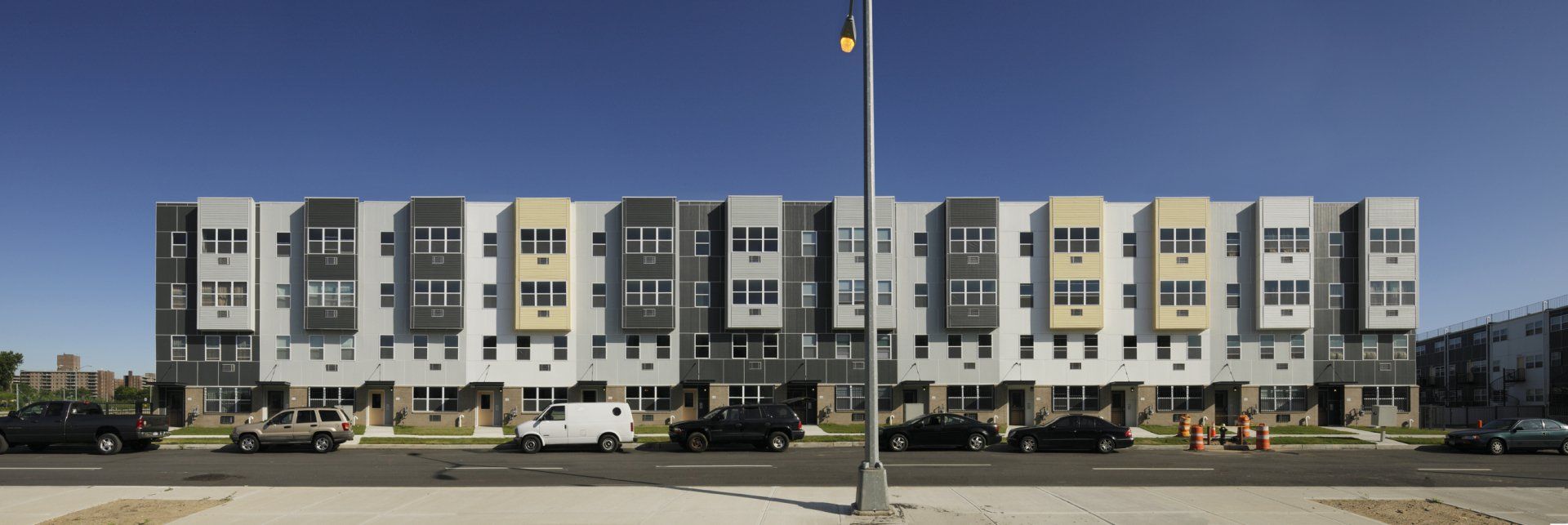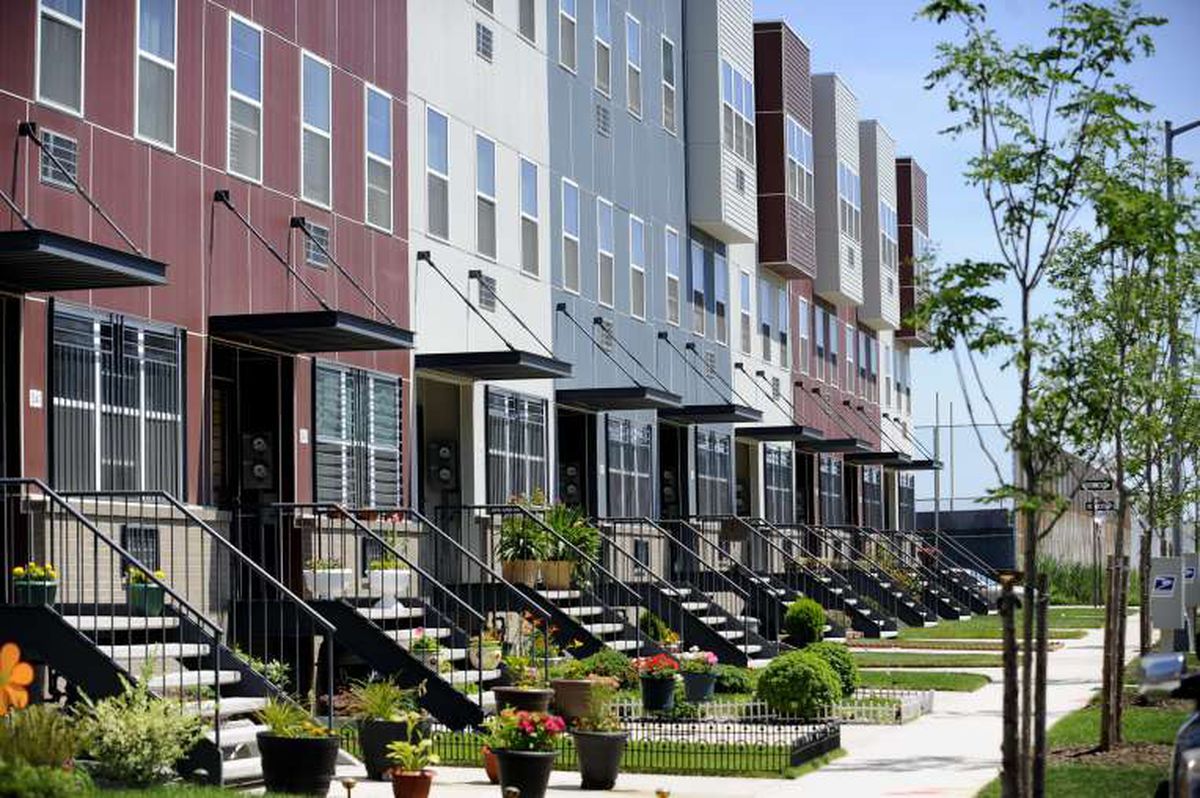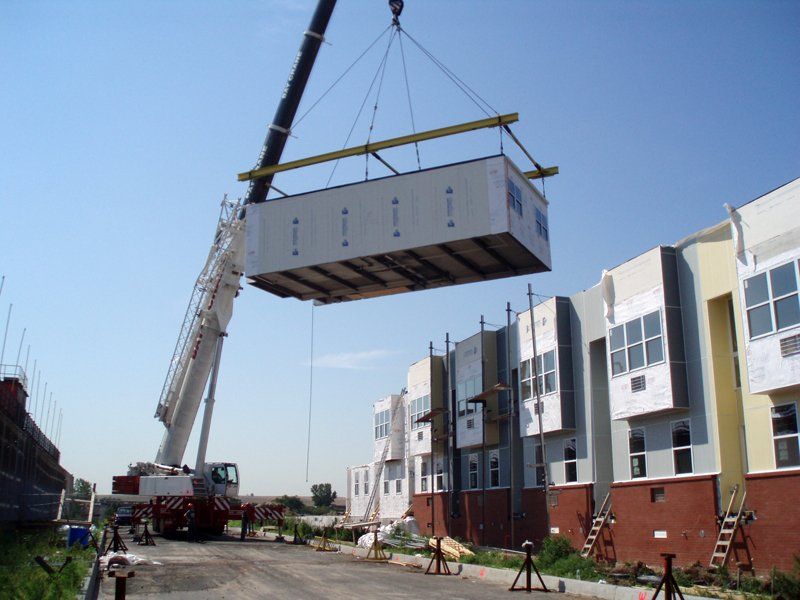Stay Updated on Community News
about Spring Creek.
The community news pages serve as a resource for the Spring Creek residents and visitors, from media coverage to community updates.
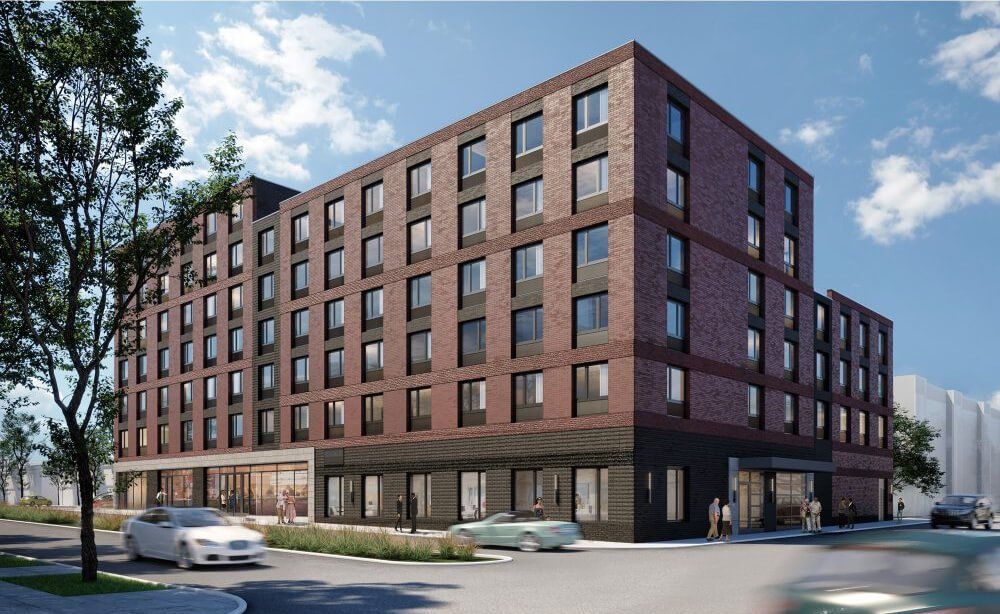
An affordable housing lottery has opened for a whopping 241 newly constructed units across a series of buildings as part of the latest phase of the Nehemiah Spring Creek development, with addresses at 389-402, 498-504, and 516 Schroeders Avenue, 127 and 129 Gateway Drive and 1111-1123 Lower Ashford Drive in East New York. Of the affordable apartments, there are three studios, 93 one-bedroom units, 105 two-bedroom units and 13 three-bedroom units. Monthly rents start at $471 and top out at $2,096. The lottery is set at an area median income range of 30 percent for 60 of the units, 40 percent for 24 of the units, 50 percent for another 24 of the units, 70 percent for 21 of the units, 80 percent for another 21 of the units and 90 percent for the remaining 64 units. Eligible incomes range between $18,618 and $126,900 for households of one to seven people.
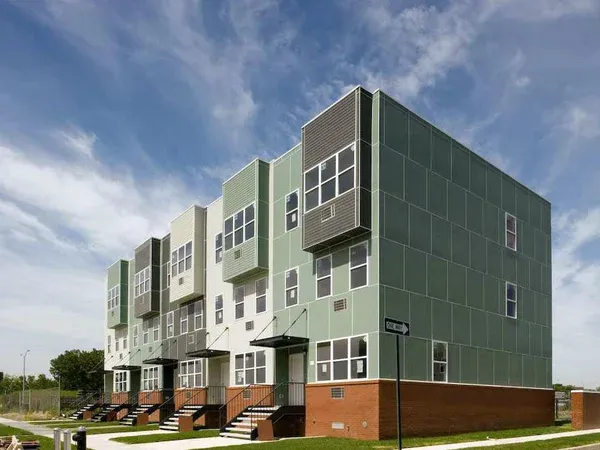
Yvonne Ziegler had an apartment in a central Brooklyn housing project and a decent job in an office. But like a lot of New Yorkers, she figured she'd be renting forever. Owning a place seemed beyond the realm of possibility. Thanks to the Nehemiah project, a church-run affordable housing program, Ziegler now owns a trim, neatly maintained three-bedroom house, where she lives with her elderly mother in the Brooklyn neighborhood known as East New York. The program has built more than 4,000 houses in Brooklyn and the Bronx since the 1980s. "When it came to light that these churches were building affordable houses and how low the mortgages were, I thought, 'Well, maybe this is something I can aspire to,' " Ziegler says. The Nehemiah project, named for the biblical prophet who rebuilt the walls of Jerusalem, has provided a bulwark of stability in neighborhoods once devastated by arson and neglect. That's been especially true during the mortgage crisis. In a part of the city where foreclosures topped 10 percent last year, few of the program's homeowners have defaulted on their loans. Tough Love Breeds Success While exact numbers are difficult to access, Mike Gecan of the Metro Industrial Areas Foundation, which helped organize the Nehemiah project, says no more than 10 of the properties built by the program have suffered foreclosure. Program officials say they owe their success to their rejection of the worst excesses of the subprime mortgage era. Applicants get mortgages through private lenders and from the city, but Nehemiah adds its own layer of tough income guidelines and credit checks. For instance, mortgages can't exceed about 20 percent of an applicant's income, Gecan says. "At the time [the program began], the conventional wisdom said that people should be asked to spend a third of their income on housing," he says. "That is extraordinarily high, and if someone has a family emergency, has a job loss, or if the economy gets weakened, and if they go from 40 hours a week to 27 hours a week, then if you're spending 35 per
